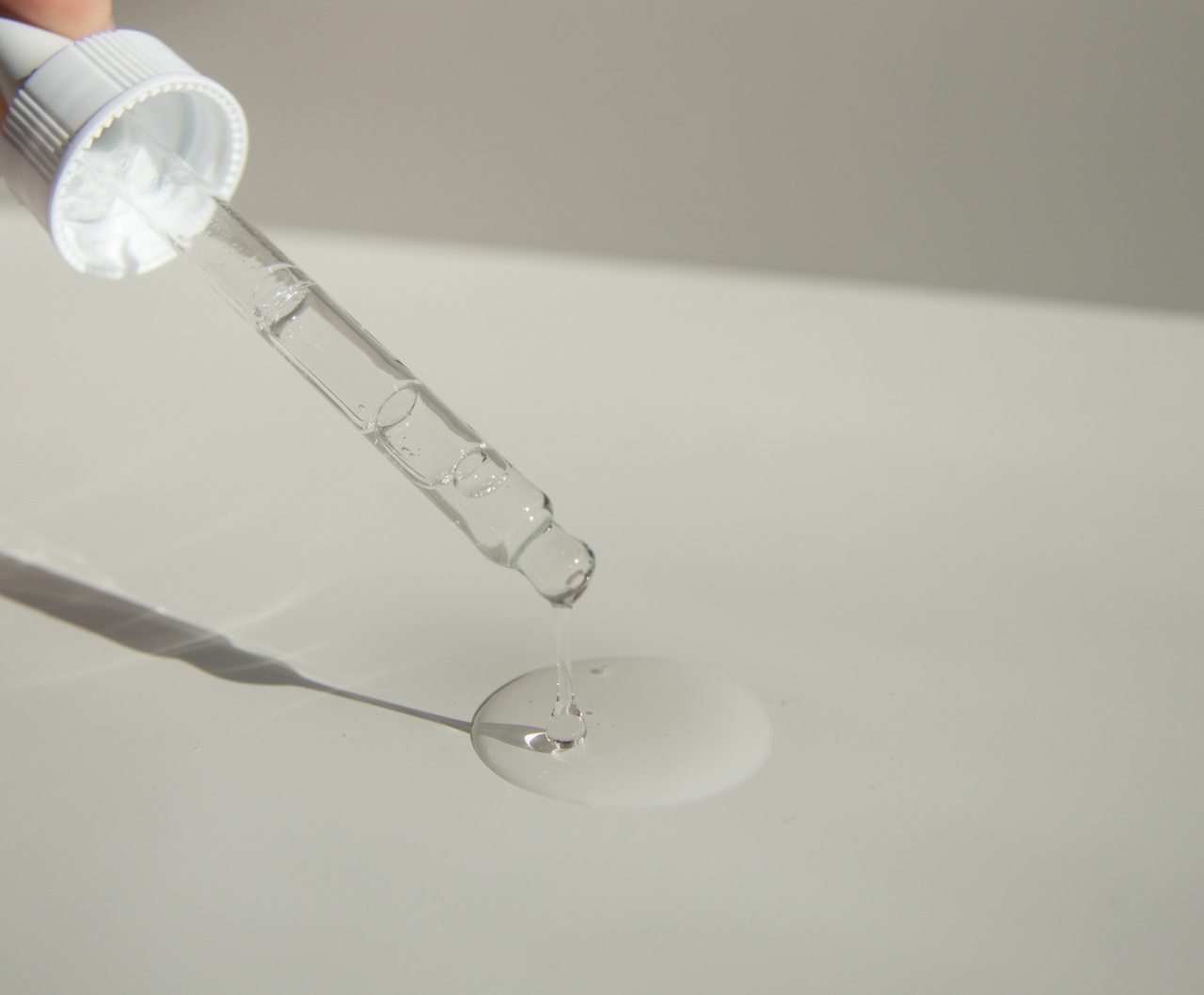Iron deficiency is a common condition that occurs when the body doesn’t have enough iron. It is essential for producing red blood cells, which carry oxygen to different parts of the body.
Iron is also important for maintaining overall health and energy levels. In this article, we will discuss various ways to treat iron deficiency, as recommended by the sexiest doctor.
1. Get Tested for Iron Levels
The first step in treating iron deficiency is to get tested for iron levels in your body. This can be done through a simple blood test called a complete blood count (CBC) or an iron panel.
Your doctor will be able to determine if you have low iron levels and how severe the deficiency is.
2. Increase Iron Intake through Diet
One of the most effective ways to treat iron deficiency is by increasing your iron intake through diet. Include iron-rich foods in your meals such as:.
- Lean red meat
- Poultry, such as chicken and turkey
- Seafood, including fish and shellfish
- Beans and legumes
- Dark leafy greens, like spinach and kale
- Tofu and tempeh
Combining these foods with foods rich in vitamin C, such as citrus fruits, berries, and bell peppers, can help enhance iron absorption in the body.
3. Consider Iron Supplements
If increasing iron-rich foods in your diet is not sufficient, your doctor may recommend iron supplements. These can be in the form of tablets, capsules, or liquid. It is important to follow your doctor’s instructions and take the recommended dosage.
Taking too much iron can have adverse effects on the body.
4. Avoid Certain Foods and Drinks
Some foods and drinks can hinder iron absorption in the body. It is best to avoid consuming them with iron-rich meals. These include:.
- Coffee and tea
- Dairy products
- High-fiber foods, like whole grains and bran
Instead, try consuming these foods and drinks separately from meals to ensure maximum iron absorption.
5. Cook with Cast Iron
Using cast iron cookware can increase the iron content of your meals. When cooking acidic foods, such as tomato sauce or chili, the iron from the cookware is transferred to the food, making it a great way to boost your iron intake.
6. Manage Menstrual Bleeding
For women experiencing iron deficiency due to heavy menstrual bleeding, it is important to manage the bleeding.
Talk to your doctor about possible treatment options, such as hormonal birth control or other medications, to regulate your cycle and reduce blood loss.
7. Treat Underlying Medical Conditions
Iron deficiency can be caused by other underlying medical conditions, such as gastrointestinal bleeding or certain autoimmune disorders. Treating these conditions is essential for resolving iron deficiency.
Consult with your doctor to diagnose and address any underlying health issues.
8. Consider Intravenous (IV) Iron Therapy
In severe cases of iron deficiency where oral iron supplements are not effective, intravenous (IV) iron therapy may be recommended. This involves administering iron directly into a vein.
It is typically done under medical supervision and can quickly replenish iron levels in the body.
9. Follow Up with Your Doctor
Regular follow-up appointments with your doctor are important when treating iron deficiency. They can monitor your iron levels and make adjustments to your treatment plan as needed.
It may take several weeks or months for iron levels to normalize, so be patient and consistent with your treatment.
10. Prevention and Maintenance
Preventing future iron deficiency is crucial. Maintain a well-balanced diet rich in iron and other essential nutrients. Regular exercise and a healthy lifestyle can also contribute to overall health and help prevent iron deficiency in the long run.
In conclusion, treating iron deficiency is essential for maintaining optimal health and energy levels.
By getting tested, increasing iron intake through diet or supplementation, avoiding certain foods and drinks, managing underlying conditions, and following up with your doctor, you can effectively treat iron deficiency. Remember to prioritize prevention and maintenance to avoid future deficiencies. Always consult with a healthcare professional for personalized advice and guidance.































